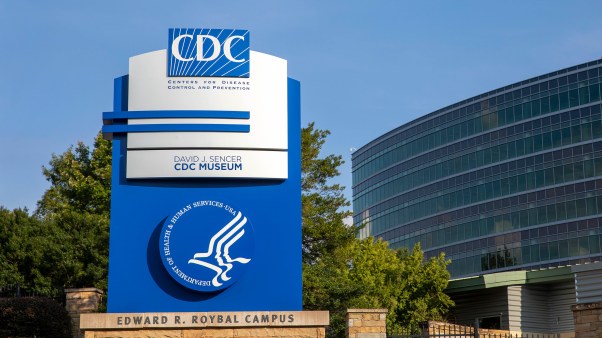I used to be a school teacher before I was in pastoral ministry, and after a few years as a pastor, I became discouraged, because people weren’t becoming disciples. I said, This isn’t working. I went away to pray, and the Lord reminded me, “Discipleship is about education, and have you forgotten everything you learned about education?”
A lecture is the worst form of education, but we were giving people a big lecture on Sundays and not asking them to come to a lab and practice. Discipling is a verb, not a spectator sport.
I now try never to preach a message that doesn’t give an opportunity for participation. Suppose I’m preaching Matthew 25, “Go visit the prisoner, give water to the thirsty.” I also have to give a way for people to succeed in doing that.
Most people are not going to, on their own, call a prison chaplain and figure out when to volunteer. Most don’t know a poor person, so (I know, it sounds crazy) I’ve got to provide them a way to meet poor people. They may be willing to take medical supplies to the needy, but they don’t know how. We need systems and volunteers and leaders who can train and equip those people, and get them serving. And we need space that facilitates all that.
Compassionate campus
For example, on our church campus at the Vineyard in Boise, we have a five-acre community garden, which produces organic produce that goes to the Barnabas Center, our food distribution outlet. We hold a farmers’ market twice a week on our campus where people in the community get vouchers for free fresh produce (while most food ministries give canned food).
Because we’re in Idaho, cattlemen donate steers to the church for a tax write-off. We actually have a ministry of people who go catch the steer and bring it in. Other volunteers provide free butchering, and we provide that first-class beef to people who need it.
This missional activity means we need the right kind of space. We need a commercial kitchen because we’re feeding people all the time. We need medical facilities to house our free, all-volunteer medical clinic. Because we have a prison ministry and ministry to the addicted, we need meeting halls and plazas where addicted people can feel welcomed and heal.
I want the church to create a community that’s life-giving, to meet not just spiritual needs but also social needs. We have athletic fields for softball teams, and auditoriums for movie nights—places that people, especially in this economy, can find a welcome.
And then we need space for a congregation made up of Karen refugees from Burma. We’ve provided them with a facility and pastor—and another garden space, because that’s part of their culture.
In our administrative area, we have open offices where lay leaders come and access all the office equipment they need to do ministry: a computer, a copy machine.
We have art galleries and sculptures because an art ministry creates places for people to use their gifts. The people actually decorate the church; you might say it was not professionally decorated, but it looks like somebody’s house.
Challenges
This kind of approach brings challenges. One is trying to find a space for the various groups and ministries. We had to get creative. Nobody can claim a room for their own, because everything has to be multiple-use. We have lots of set-ups and lots of tear-downs.
Bottom line: if people are experiencing the kingdom, your campus grows out of that. If you’re just building something where people come on Sunday, then that might be short-sighted. But how do you provide lots of ways for people to do kingdom work if you don’t provide the infrastructure for it?
—Tri Robinson is pastor of Vineyard
Copyright © 2009 by the author or Christianity Today/Leadership Journal.Click here for reprint information on Leadership Journal.









